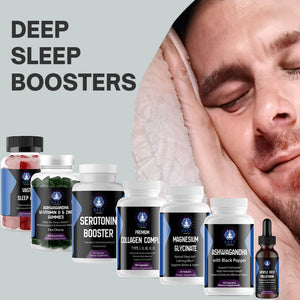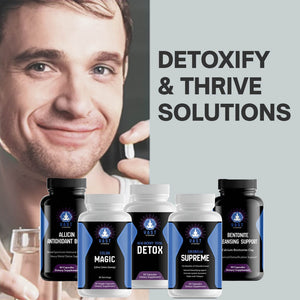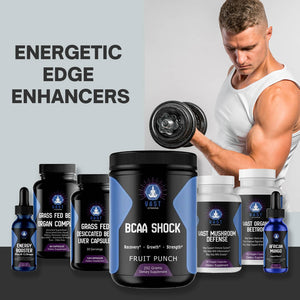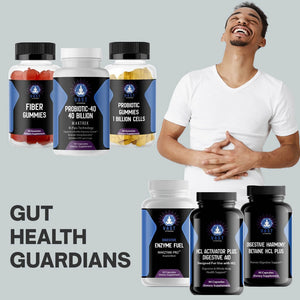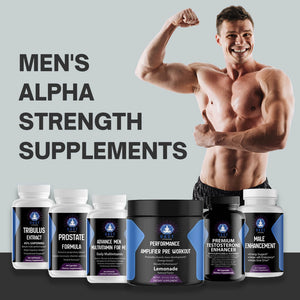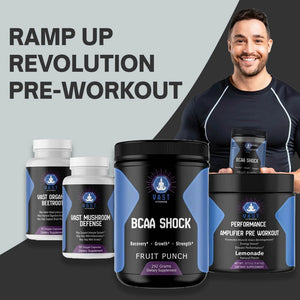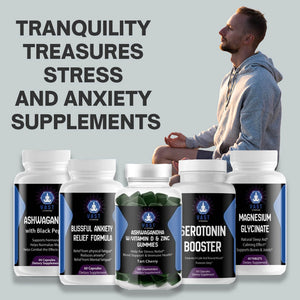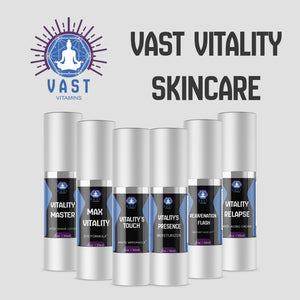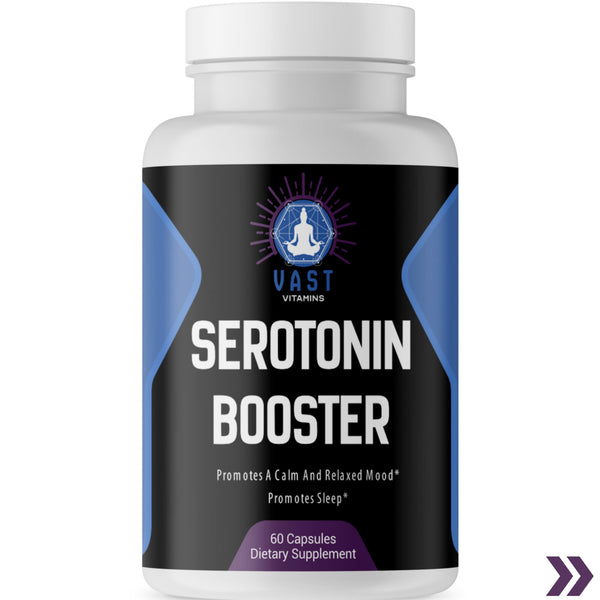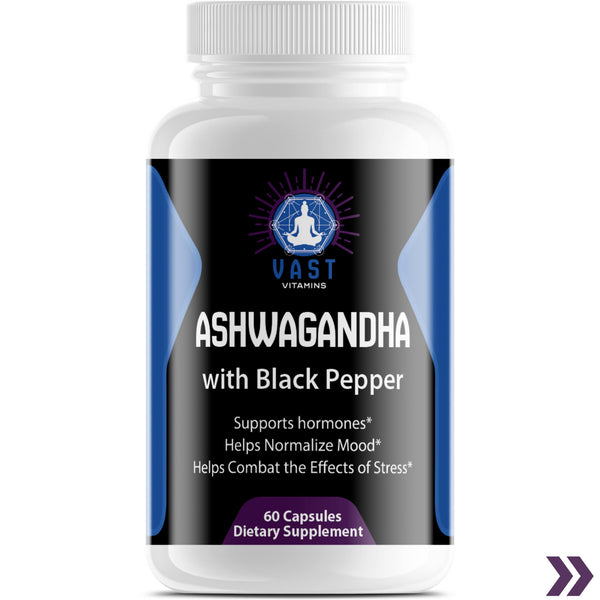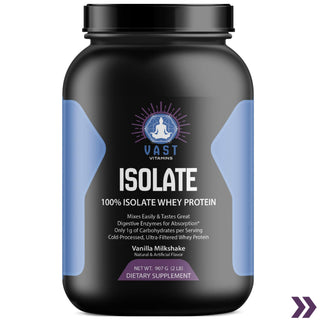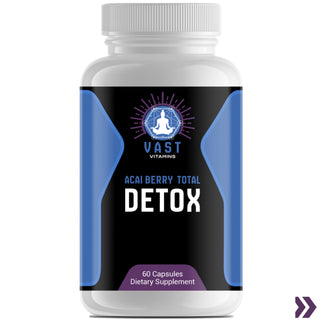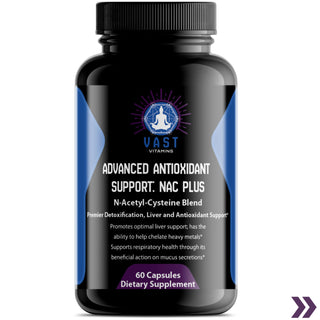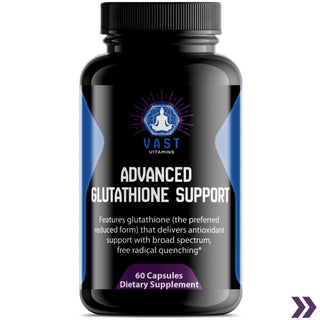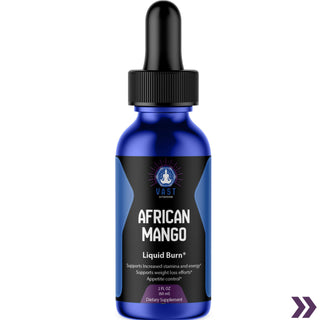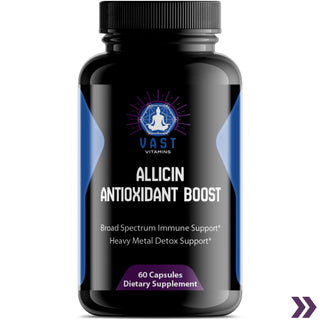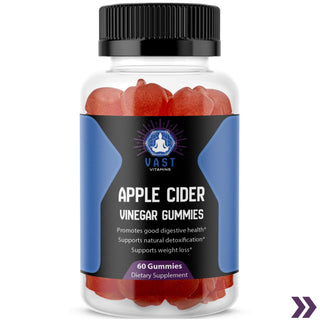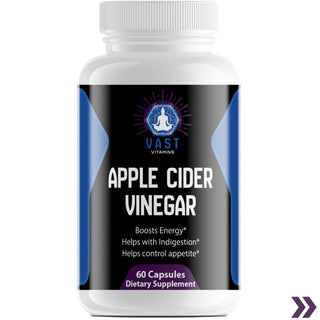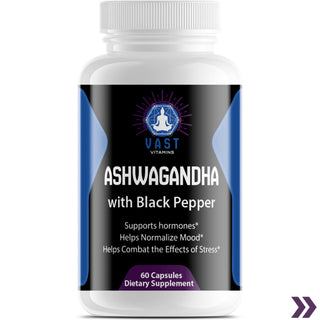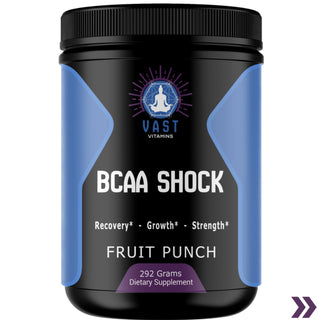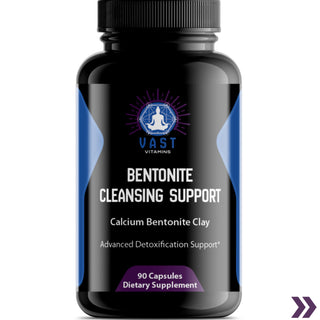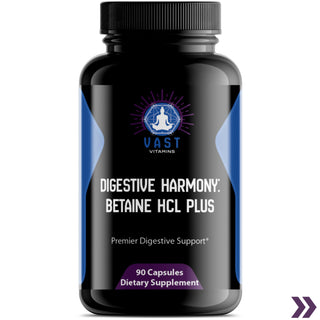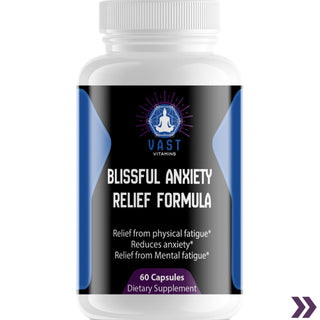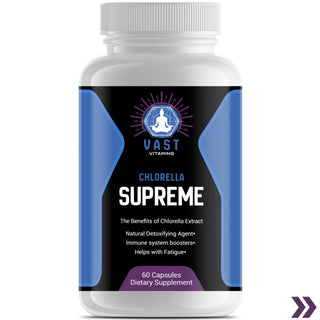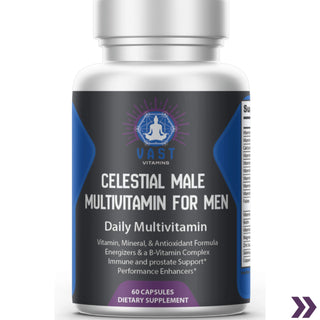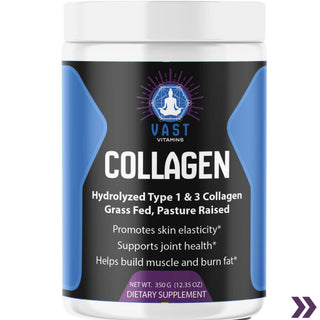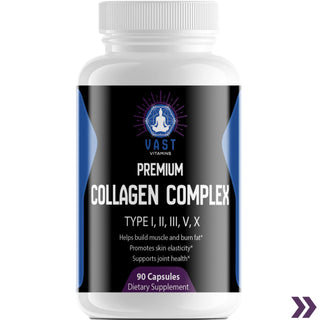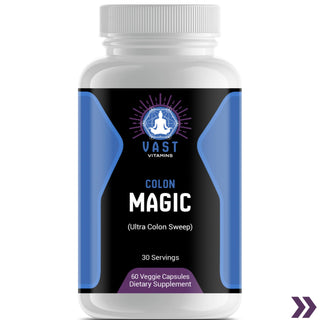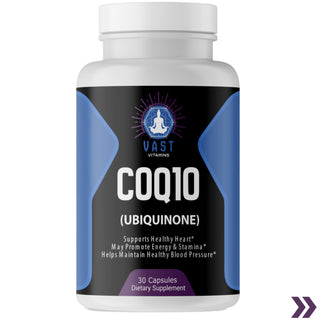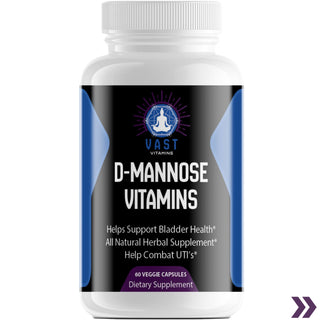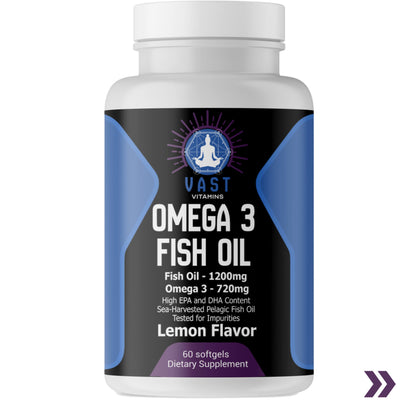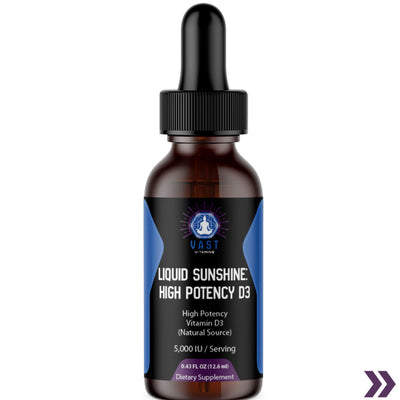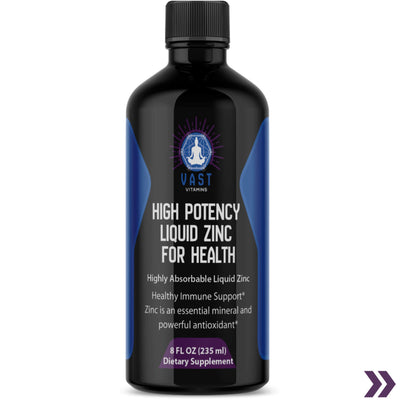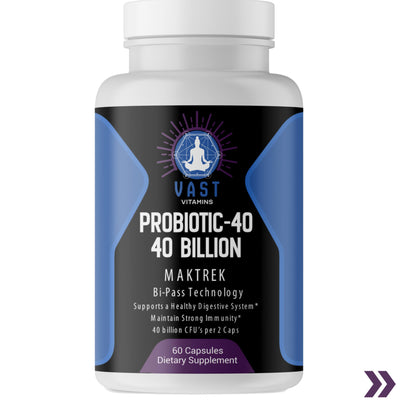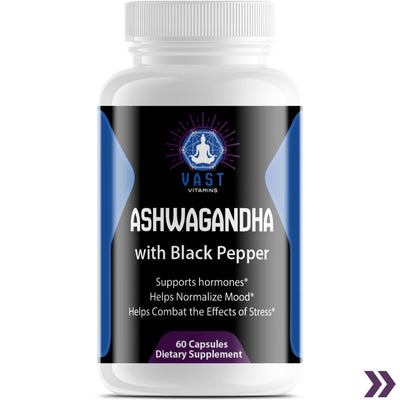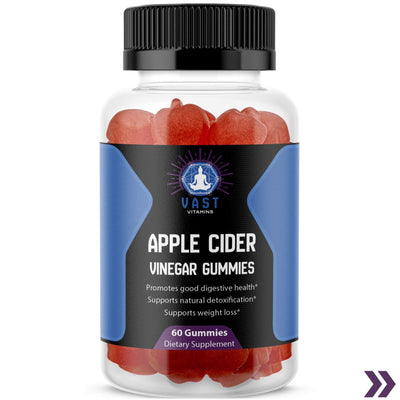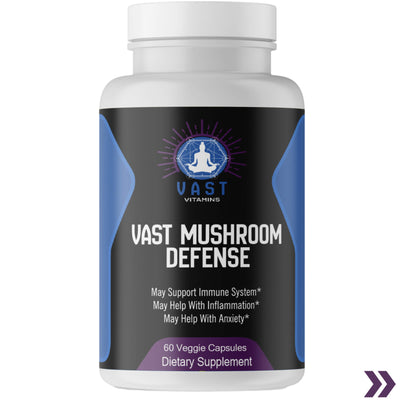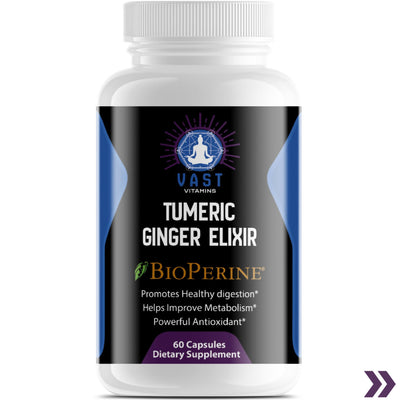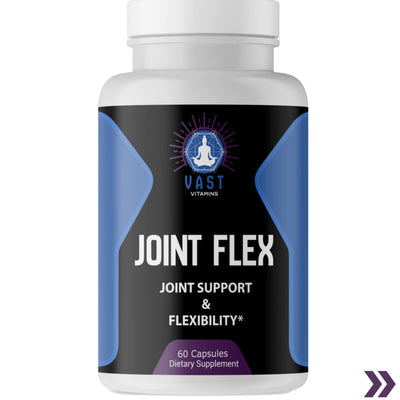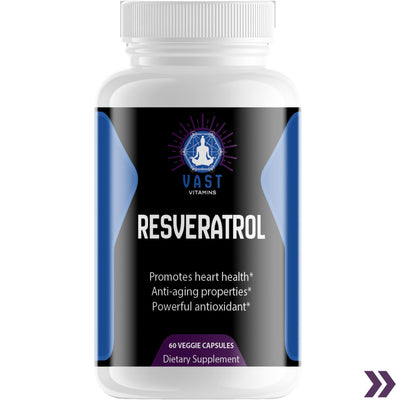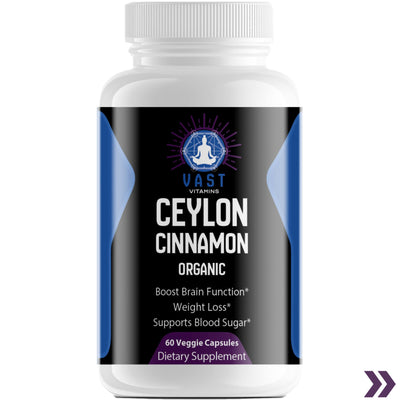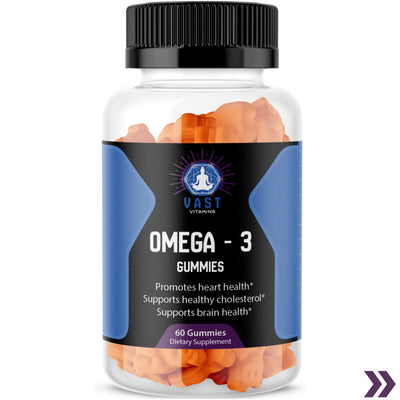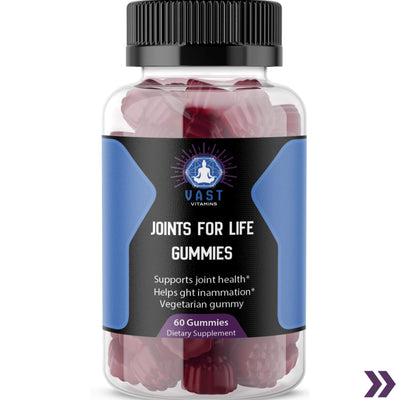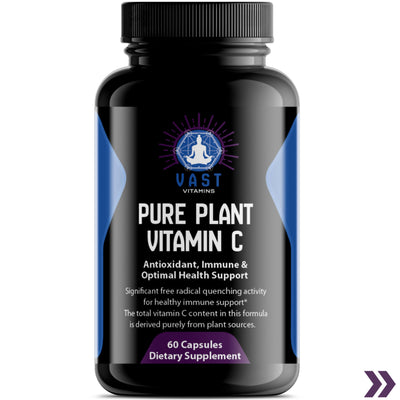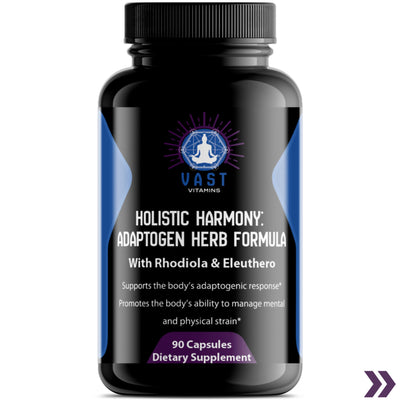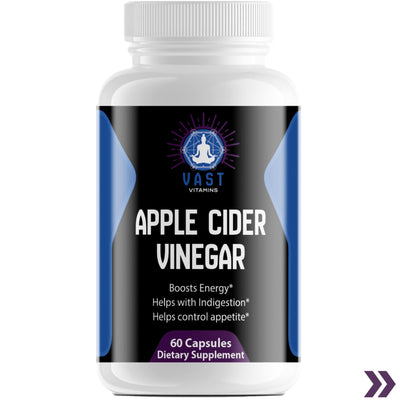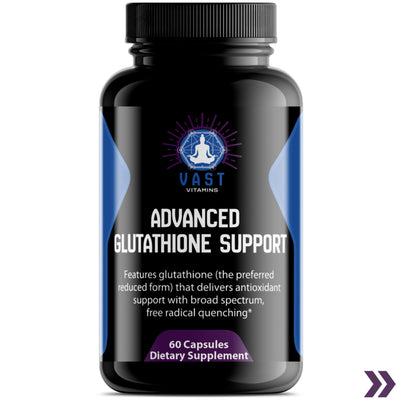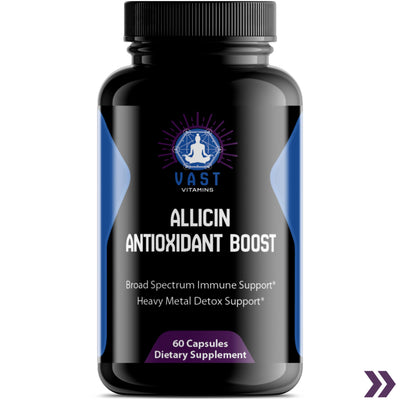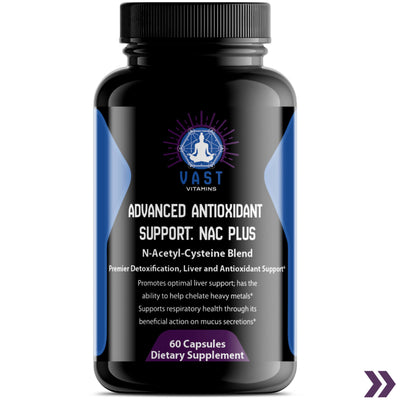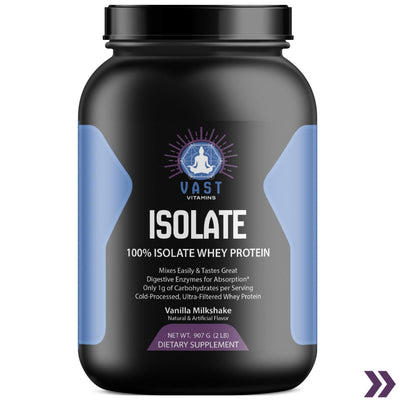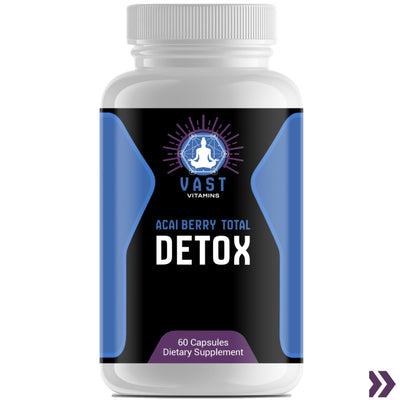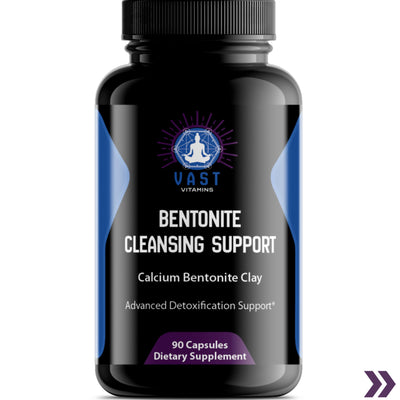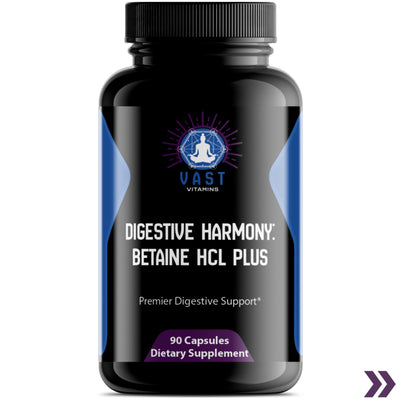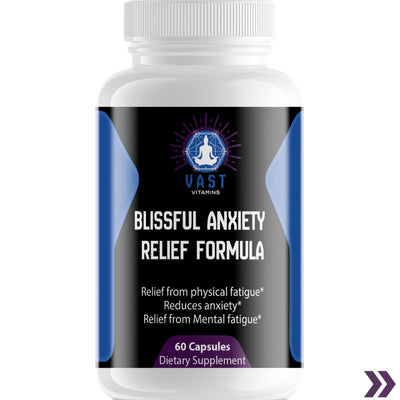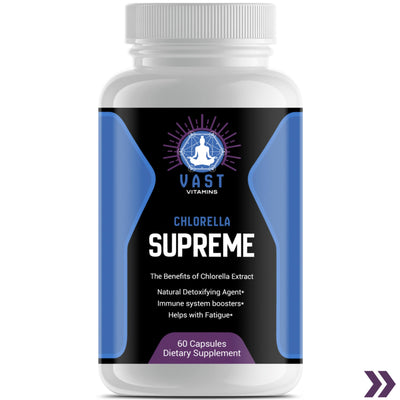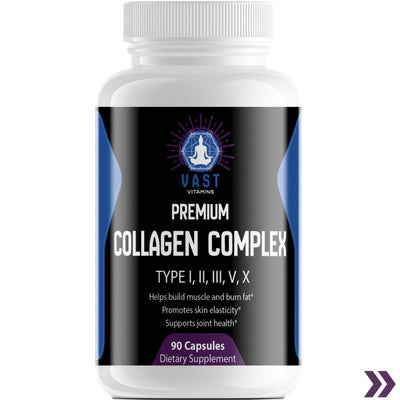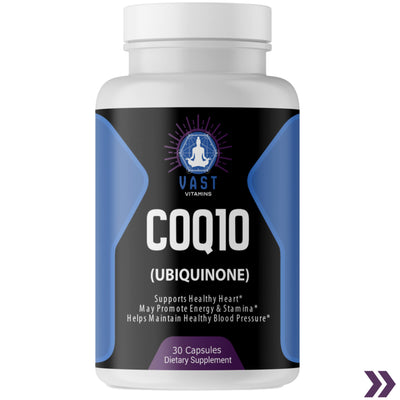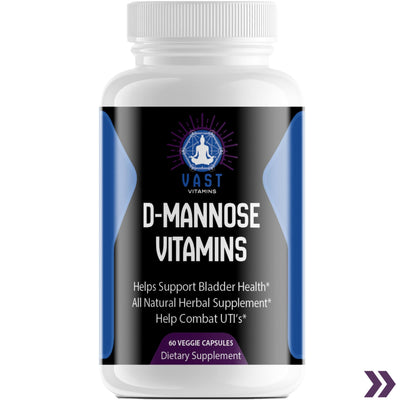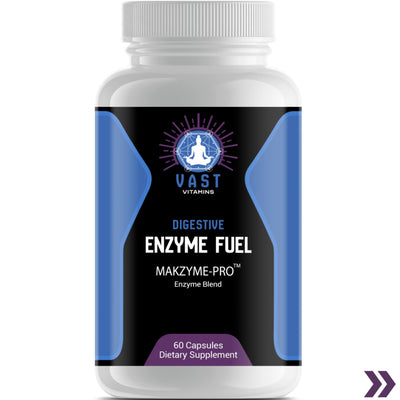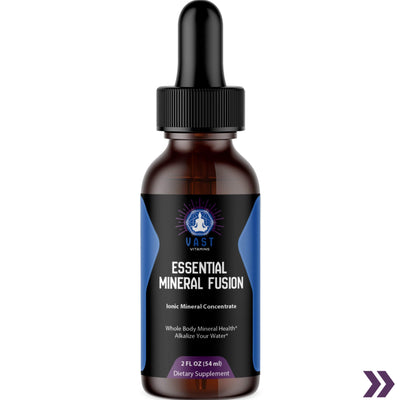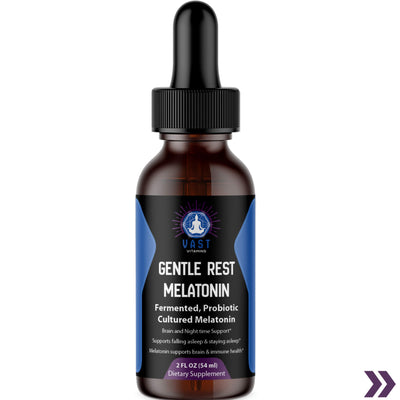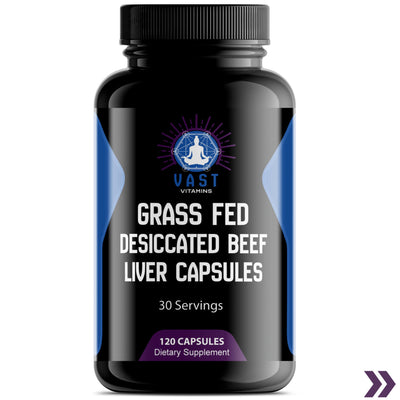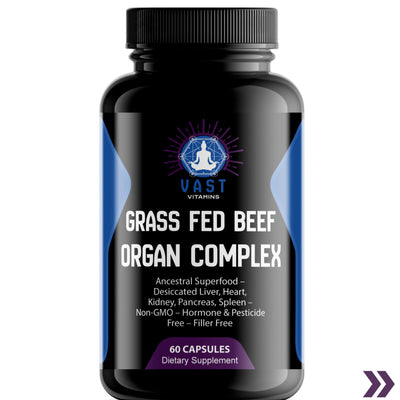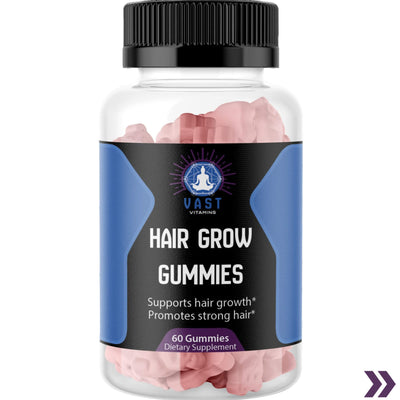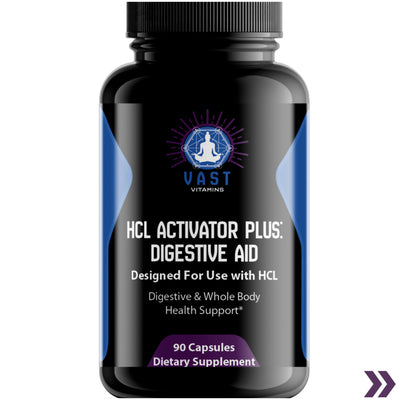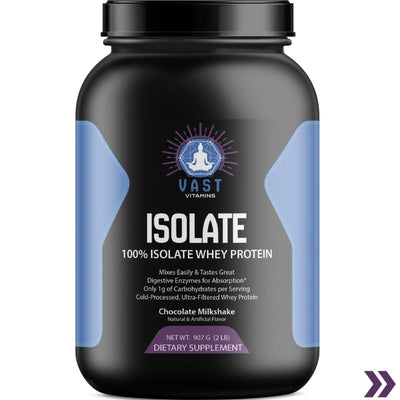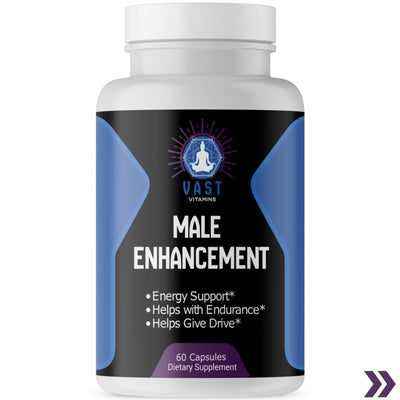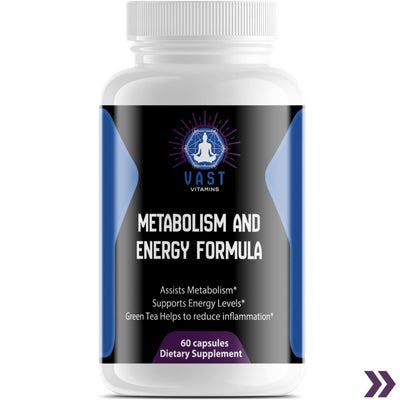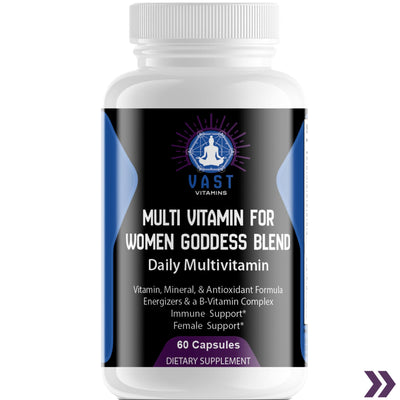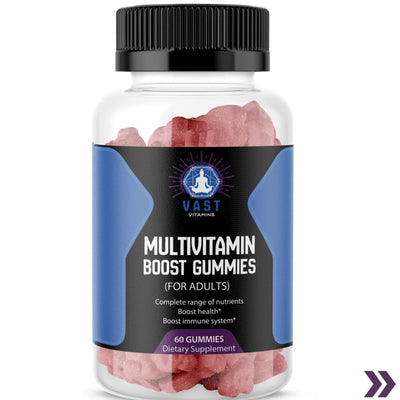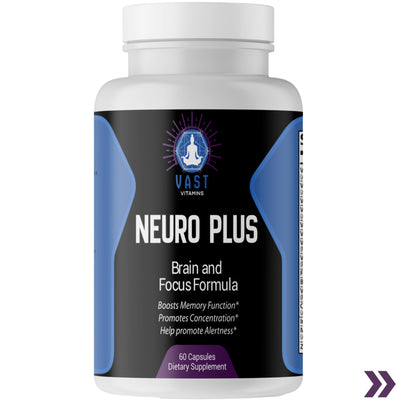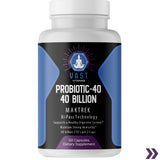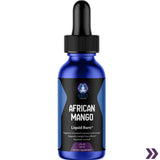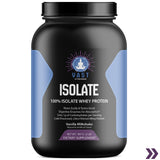Feeling tired or exhausted is more common than you might think. And let's be honest, it's not a pleasant feeling at all. You're trying so hard to get stuff done but you just can't shake off that tired feeling. When fatigue and tiredness become too much to bear, there are some ways to reduce it and boost your energy.
In this blog post, we'll talk about the most effective ways to increase your energy. Here's everything you should know about coffee, energy drinks, and vitamin B12 drops for energy.
How to Increase Energy When Tired?
Despite popular belief, sleep deprivation is not the only reason for feeling tired. Tiredness is actually quite common and it can happen for various reasons. If you're not getting enough sleep, that's the first step in fighting tiredness. Start by discovering why you're having difficulties falling asleep. There might be some underlying symptom that's preventing you from getting a good night's sleep. Treat the symptom first before focusing on increasing your energy levels.

Here are some effective ways to restore your energy when tired:
- Sleep more
- Reduce stress as much as possible
- Cut down on alcohol
- Eat healthy foods
- Exercise
- Avoid smoking
- Take a walk
- Stay hydrated
- Use caffeine wisely
Does Coffee Boost Energy?
Rich in caffeine, coffee is believed to increase energy and reduce tiredness. It can make you feel more energized and rested, which is why it's the most common drink people take when they feel tired.
However, you should use caffeine to your advantage so one cup of coffee per day is sufficient to keep your mind sharp. If consumed in large amounts, coffee can actually cause insomnia and fatigue.
Contrary to what many people believe, coffee is a healthy beverage when consumed in average amounts. Moderation is key to a healthy lifestyle, so it's important to consume the right amounts of everything, including coffee.
Depending on your lifestyle and health, choose the type of coffee that suits you and serves you. Don't drink any coffee, but opt for high-quality, specialty coffee that's not bad for you.
If you have any health problems or intolerance, make sure you talk to a doctor about the recommended coffee intake.
Do Energy Drinks Really Boost Energy?

As their name suggests, energy drinks are supposed to do exactly that - give you energy. But do they really give you an extra burst of energy and keep you stay awake? The short answer is yes, but there's more to energy drinks than just energy.
Because they contain large amounts of caffeine, energy drinks are believed to increase energy levels and help with fatigue. They are used for boosting energy, concentration, and alertness.
However, some healthcare professionals have pointed out some disadvantages of drinking them as well as harmful consequences such as heart problems and increased blood sugar.
Although energy drinks can really boost your energy, you should still drink them with caution and educate yourself about the potential health concerns.
Does Vitamin B12 Give You Energy?
If you're feeling tired, vitamin B12 may boost your energy and help you feel more rested. Vitamin B12 is an essential nutrient that supports the body's process of converting fat and protein into energy.
People with vitamin B12 deficiency anemia tend to feel weak and tired because they don't get enough of this vitamin from their diet. According to recent studies, they're the ones that could benefit the most from increasing the vitamin B12 intake through foods or supplements. On another hand, vitamin B12 is less likely to boost energy in people with already high levels of it.
In general, B12 is considered to be an energy-boosting vitamin alongside other vitamins B. It's a healthy way to give yourself that much-needed burst of energy.
Energy Booster Plus B12 Drops
To increase your vitamin B12 levels, you should eat foods that are rich in it such as beef, liver, chicken, dairy products, fish, fortified cereals, egg, as well as take natural dietary supplements.
Our Energy Booster Plus B12 Drops are a powerful natural supplement that gives a slow gentle uplift and a burst of energy. With 1 full dropper (1ml) per day, you can give your body some extra energy*.
Our B-12 vitamin drops could help with red blood cell formation and you might experience increased energy levels, better digestion, and an overall improvement in both your body and mind*.
Vitamin B-12's benefits go beyond metabolism and energy improvement. From potentially improving your bone health and fighting osteoporosis to reducing your risk of developing macular degeneration, these drops could be a game-changer for your health.
Vitamin B12 for Energy Boost FAQ
What is Vitamin B-12?
Vitamin B-12, or cobalamin, is a nutrient you need for good health. It helps keep the body's nerve and blood cells healthy and helps make DNA, the genetic material in all cells.
What are the benefits of vitamin B-12?
You need it for the: production of elements of DNA production of red blood cells regeneration of bone marrow and the lining of the gastrointestinal and respiratory tracts health of your nervous system, which includes your spinal cord megaloblastic anemia.
What is the Micronutrient Test?
This micronutrient test checks for vitamin B12, D, E, Magnesium, Copper, Selenium & Zinc.
What if I have vitamin B-12 deficiency?
If your stores are low, your doctor may prescribe a supplement.
What is the best way to get more energy from your food?
The best way to get the most energy from your food is to make sure you're giving yourself the best food possible.
What foods are rich in vitamin B12?
You can get recommended amounts of vitamin B12 by eating a variety of foods including the following: liver and clams, which are the best sources of vitamin B12.
What are the different forms of vitamin B12?
Vitamin B12 is available in sublingual forms (which are dissolved under the tongue).
Who should take B12 supplements?
People over 50 should get most of their vitamin B12 from fortified foods or dietary supplements because, in most cases, their bodies can absorb vitamin B12 from these sources.
How much vitamin B12 should I take?
For most adults, the recommended daily intake (RDI) is 2.4 mcg, though it's higher for women who are pregnant or breastfeeding.
What is macular degeneration?
Macular degeneration is an eye disease that mainly affects your central vision.
What are the risks of vitamin B12 deficiency?
Vitamin B12 deficiency in the beginning stages of pregnancy may increase the risk of birth defects, such as neural tube defects.
Can vitamin B12 improve your mood?
Vitamin B12 may improve your mood.










